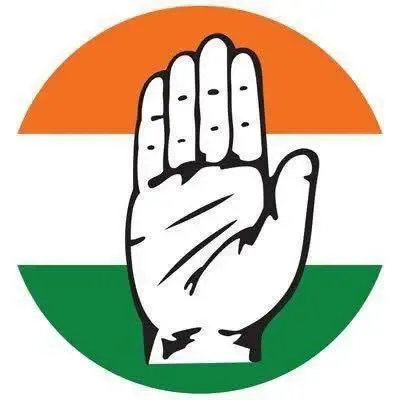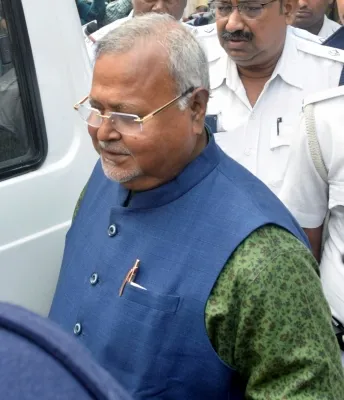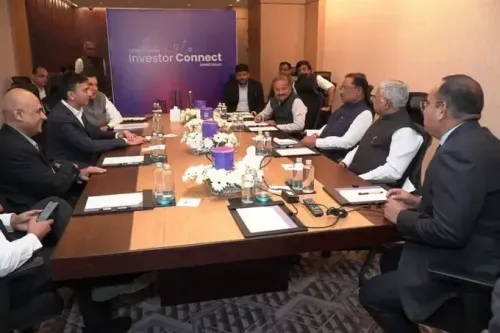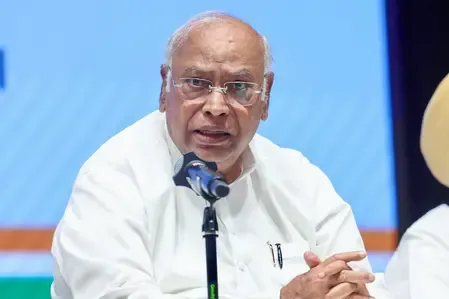PM Surya Ghar Scheme Poised to Exceed a Decade's Solar Installations in Just One Year
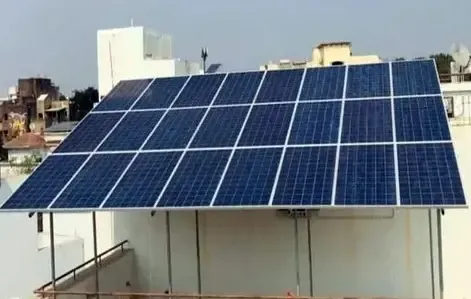
New Delhi, Dec 15 (NationPress) In a remarkable achievement for the PM Surya Ghar Muft Bijli Yojana, the initiative has recorded over 6.85 lakh installations to date, and is projected to exceed a decade's solar installation growth in approximately one year.
Since its inception in February of this year, the scheme has attained 685,763 installations, which is already 86 percent of the total installations made in the previous decade.
The primary demand has come from the 3-5 kW load category, accounting for 77 percent of installations, while 14 percent fall within the segment exceeding 5 kW. Gujarat has reported the highest number of installations, followed by Maharashtra, Uttar Pradesh, and Kerala.
Gujarat has seen the largest share of solar installations under this initiative, totaling 2,86,545. Following Gujarat, Maharashtra has 1,26,344 installations, and Uttar Pradesh has recorded 53,423 installations.
According to a statement delivered in Parliament, approximately 1.45 crore registrations have been completed under the PM Surya Ghar Muft Bijli Yojana. The program aims to provide solar energy to one crore households by March 2027.
Launched by Prime Minister Narendra Modi, the initiative seeks to achieve 1 crore rooftop solar installations in the residential sector by the 2027 fiscal year with a budget allocation of Rs 75,021 crore.
Currently, states such as Tripura, Jharkhand, Arunachal Pradesh, and Manipur are witnessing an increase in installations.
To enhance the PM solar scheme's visibility at the grassroots level, Urban Local Bodies and Panchayats have been motivated to endorse rooftop solar systems in their areas. This initiative is also generating additional income, reducing electricity bills, and creating employment opportunities.
The program aims to assist one crore households and is projected to save the government Rs 75,000 crore annually in electricity expenses.
The scheme provides a subsidy of up to 40 percent to households, making renewable energy more affordable and accessible.
The government is collaborating with various stakeholders, including REC, DISCOMs, and vendors, among others, to address any challenges that may arise in the successful execution of the scheme.

